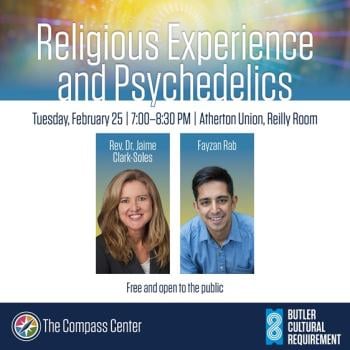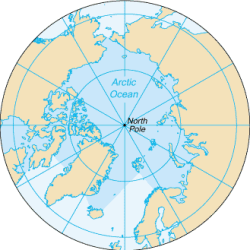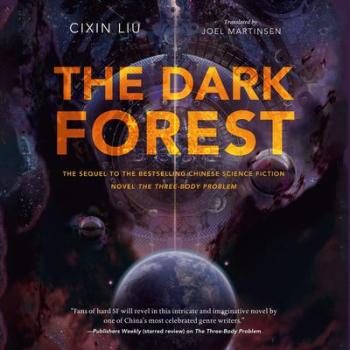IO9 (in an article entitled “How to distinguish crap denialism from legitimate scientific debate”) linked to an article on the NIH website by Wendee Holtcamp, with the title “Flavors of Uncertainty: The Difference between Denial and Debate.” Both focus on the challenge the media and the general public faces in our day and age, when (to quote Holtcamp) “essentially, everyone has a printing press.”
The articles feature this helpful list of common denialist tactics offered by Sean Carroll.

But as the article notes, in practice simply being on the lookout for the above features does not always alert one to the presence of spin or denialism. Scientists (and historians and academics in general) need to do more to communicate the difference between cases in which there is genuine disagreement among experts about a matter, and cases in which experts have arrived at a consensus and the attempt to give the impression of widespread disagreement is disingenuous.
Increasingly in the courses that I teach, I focus more attention on these skills of information literacy and digital discernment. Whenever one searches for information on a topic like evolution or climate change or the historical Jesus or the Holocaust or whatever else, one will find denialist sites high up in the search results, precisely because it is those sites, and not mainstream academic ones, that present that topic as being a controversy. Information is available in our time literally at our fingertips – but ensuring it is reliable information requires more knowledge and skills than just the ability to type words into a search engine.
What do readers think of Carroll’s list of characteristics of denialism? What advice do you give to people trying to avoid being taken in by denialists?












